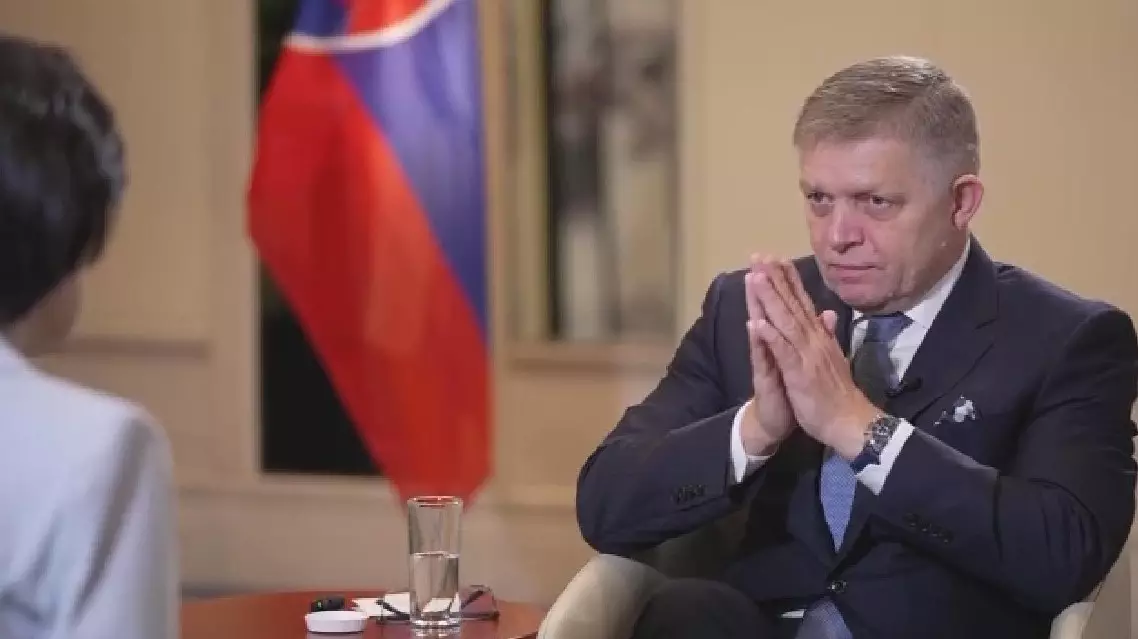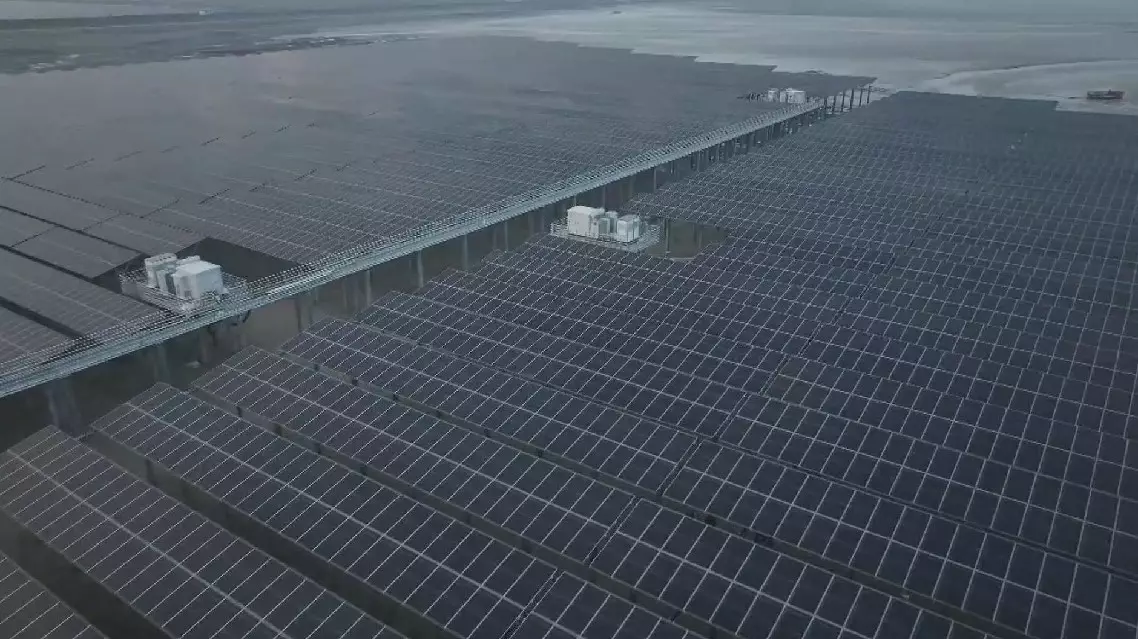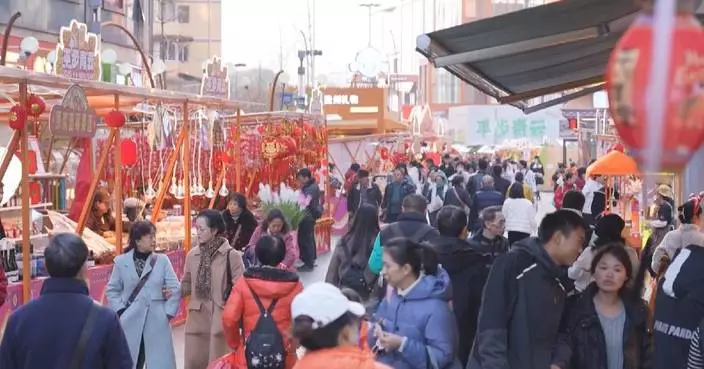Slovak Prime Minister Robert Fico said on Tuesday that his country rejects the European Union's move to impose additional duties on Chinese electric vehicles (EVs), and that Slovakia stands ready to enhance cooperation with China in the auto sector.
Fico paid an official visit to China from Oct 31 to Nov 5. During the visit, he visited Gotion High Tech, a leading global player in battery technology and energy solutions in Hefei City of east China's Anhui Province, and attended the opening ceremony of the 7th China International Import Expo (CIIE) in Shanghai after concluding his visit in Beijing.
Located in the heart of Europe, Slovakia's unique geographic position has made it a central hub for automobile production and the country with the highest per capita car production in the world. Many renowned global automotive groups have invested in establishing factories in Slovakia.
However, with the rise of electric vehicles and the European Union's stricter emission standards, Slovakia - traditionally reliant on conventional fuel-powered vehicles as a key industry - now faces the challenge of transformation.
Slovak companies have expressed keen interest in partnering with China, which leads in electric vehicle battery technology, and further enhancing cooperation in this sector. A project to establish a joint EV battery plant in Slovakia was announced last year between Gotion High Tech and Slovak partner InoBat, the second biggest in Slovakia's history.
"Slovakia rejected and voted against the European Commission's proposal to impose countervailing duties on electric vehicles produced in China and exported to Europe. It was not an easy decision. Slovakia is the world's largest producer of cars per capita, mainly manufacturing mid-range and luxury vehicles, many of which are exported to China. Along with EV manufacturing, it is essential to bring battery production to Slovakia to support the transition to electric vehicles. This is why the Gotion project is so important for us. For China, it might seem like a small investment, but for Slovakia, it's a 1.4-billion euro (1.5-billion-U.S.-dollar) investment that will create 1,300 new jobs," Fico said.
"As you rightly mentioned, this is the second-largest investment in Slovakia's history, and that's why I'm so welcoming of it. Of course, there are those in Europe who are not happy about China moving battery production to Slovakia, but this is a positive development not only for Slovakia but also for the entire EU. I must also add that I visited the Gotion plant yesterday [Monday]. I must say that Gotion is a reflection of China's modern, innovative spirit. It is a company that brings new ideas to the table. Missing the opportunity to partner with such an innovative company would be a huge mistake for Slovakia," he said.

Slovakia rejects EU additional duties on China-made electric vehicles: prime minister









